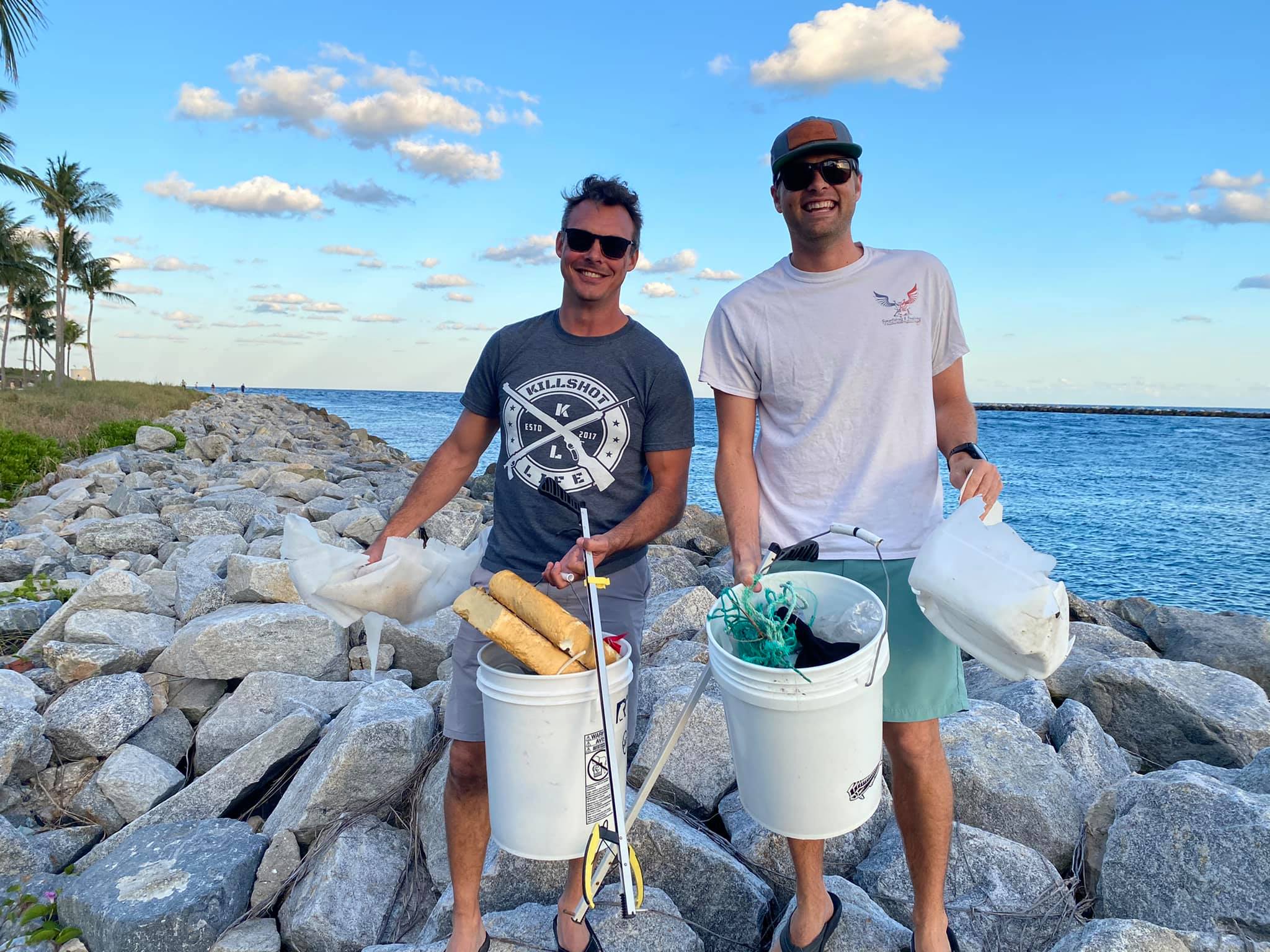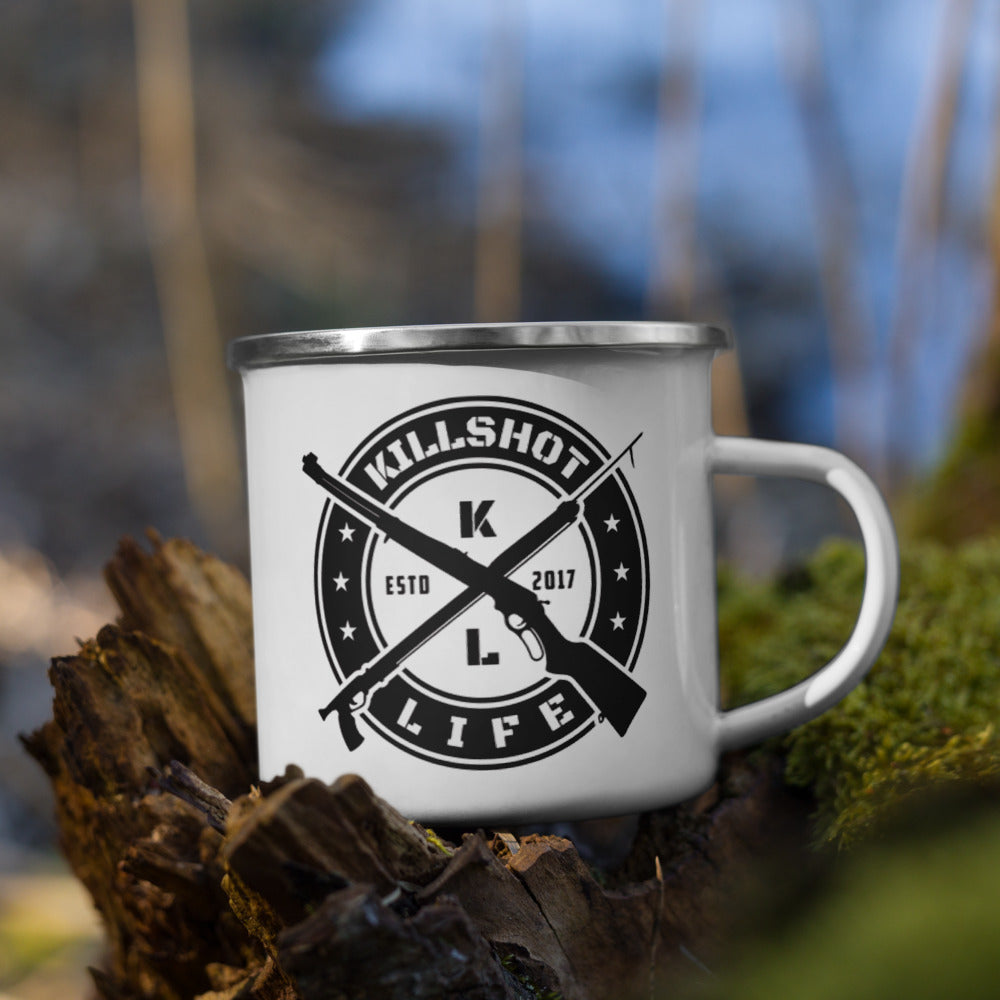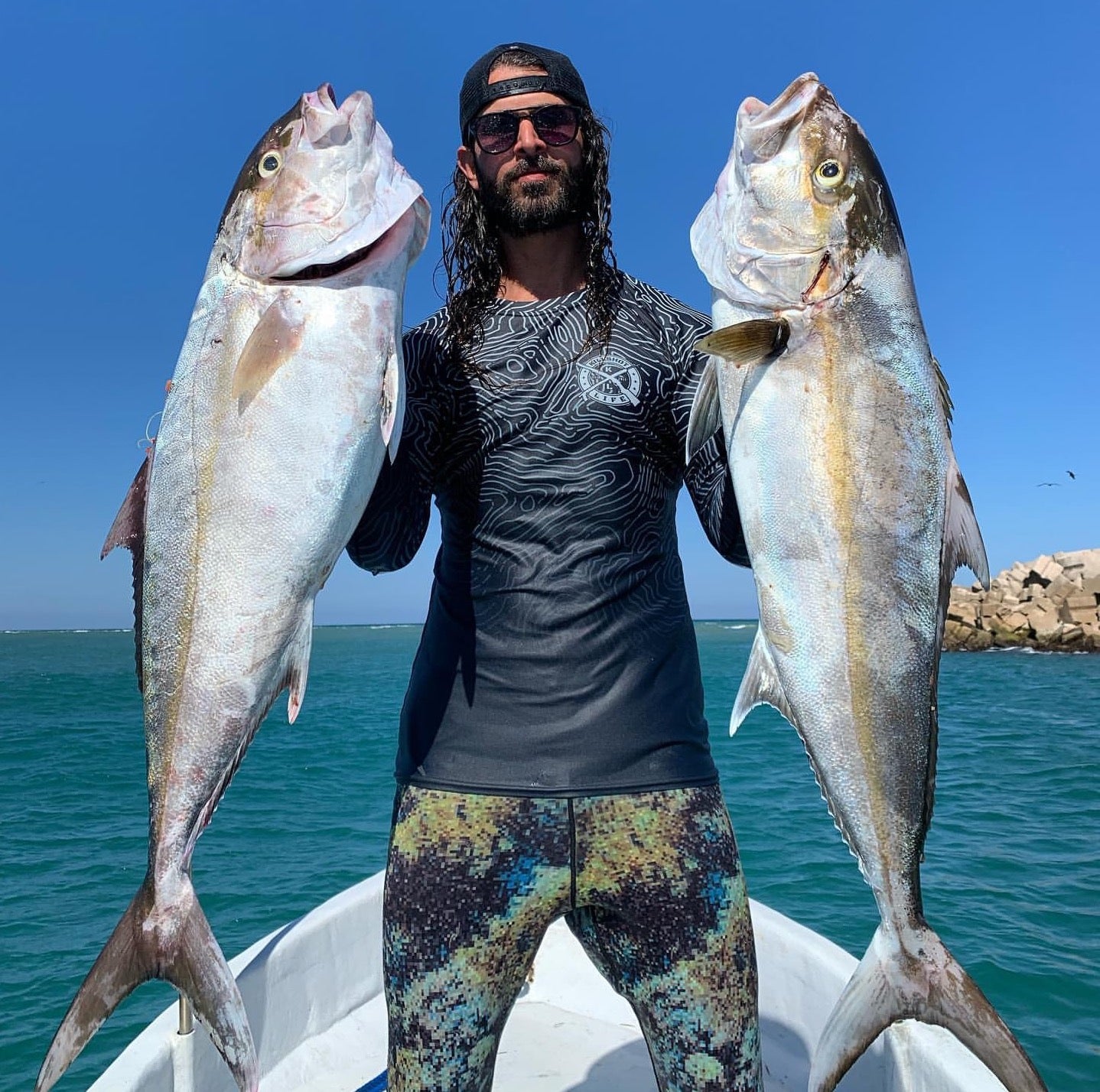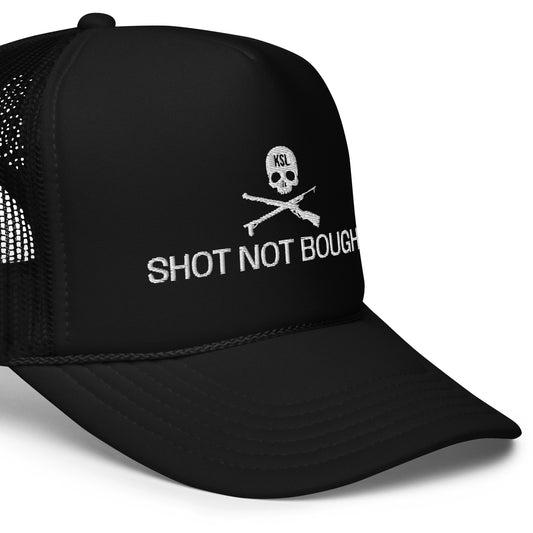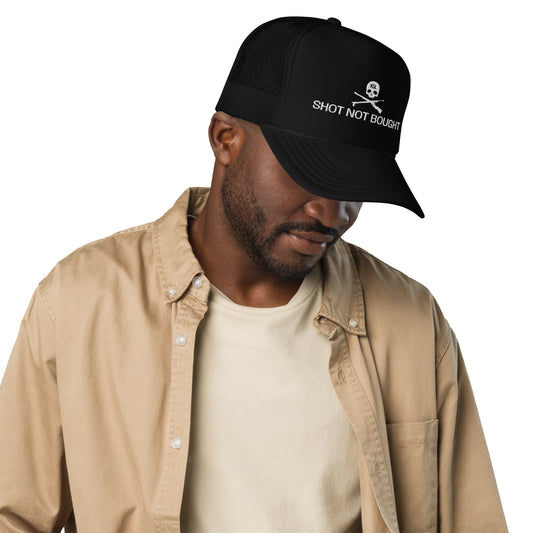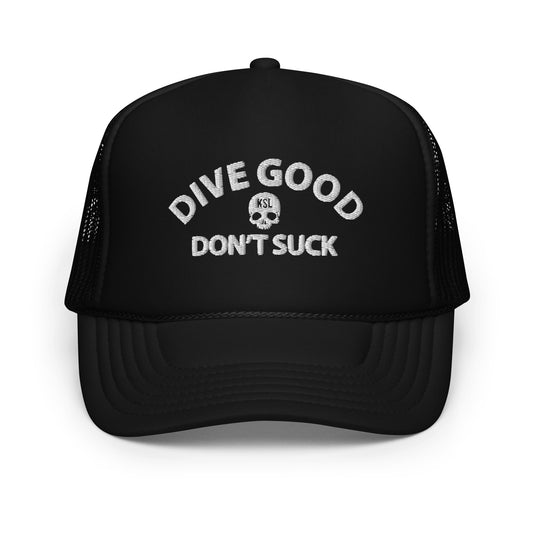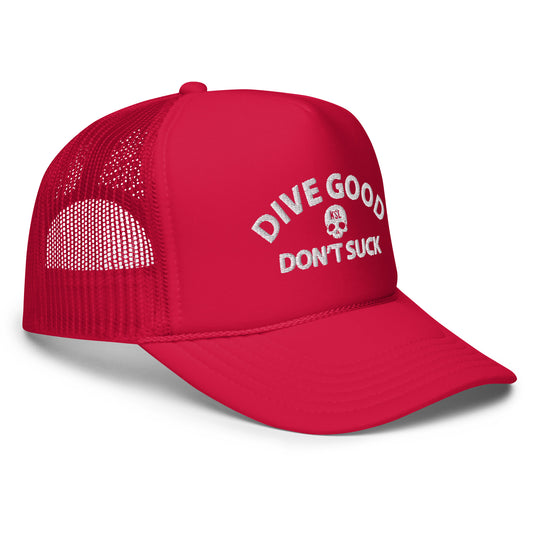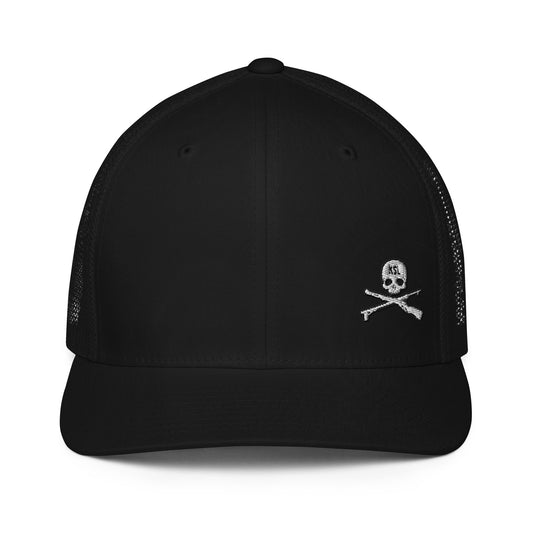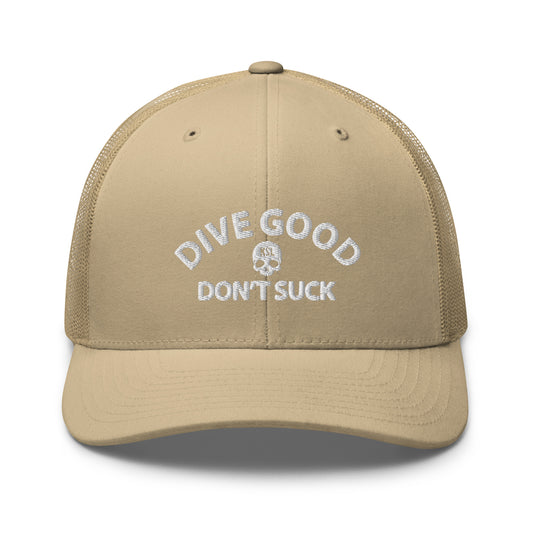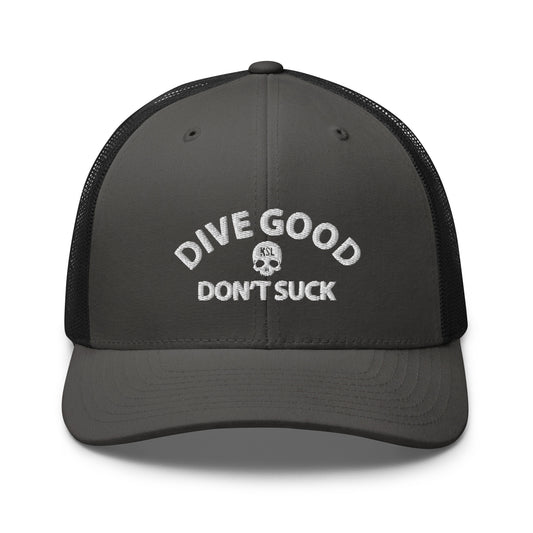Selecting the Ideal Wetsuit for Spearfishing
Share

Spearfishing, the ancient practice of hunting fish underwater, requires specialized gear to ensure comfort, safety, and optimal performance. Among the essential equipment for spearfishers, a wetsuit is a crucial component. Choosing the right wetsuit involves considering various factors to meet the specific demands of spearfishing. In this guide, we'll explore key aspects to help you make an informed decision when selecting a wetsuit for your underwater adventures.
Want to browse some of our suggestions? Here's a list of good wetsuit options for freediving and spearfishing.
1. Thickness of Neoprene: The thickness of the neoprene material determines the insulation properties of the wetsuit. Spearfishing often involves diving in different water temperatures, so choosing the appropriate thickness is crucial. Thicker neoprene, such as 5mm or 7mm, provides better insulation in colder waters, while thinner suits like 2mm or 3mm are suitable for warmer climates.
2. Style and Design: Wetsuits come in various styles, including full suits, shorties, and two-piece suits. Full suits cover the entire body and are ideal for colder waters, providing maximum insulation. Shorties, with short arms and legs, are suitable for warmer conditions. Two-piece suits offer flexibility, allowing you to mix and match top and bottom pieces based on the water temperature and your preferences.
3. Camouflage Patterns: Spearfishing often involves getting close to marine life, requiring a level of stealth. Camouflage patterns on wetsuits can help you blend into your surroundings, making it easier to approach fish without startling them. Consider patterns that match the underwater environment in which you typically spearfish.
4. Fit and Sizing: Achieving a proper fit is crucial for the wetsuit's effectiveness. A snug fit ensures that water doesn't flush in and out of the suit, maintaining a warm layer against your body. Pay attention to sizing charts provided by manufacturers, and consider trying on the wetsuit before purchasing to ensure it conforms to your body shape.
5. Material and Construction: Quality materials and construction play a significant role in the durability and performance of a wetsuit. Look for suits made from high-quality neoprene with reinforced seams for added durability. Flatlock stitching is common in warm-water suits, while sealed and taped seams are preferable for colder conditions to prevent water penetration.
6. Flexibility and Mobility: Spearfishing requires freedom of movement for swimming and diving. Choose a wetsuit that allows for optimal flexibility in the shoulders, arms, and legs. Some suits feature additional stretch panels or anatomical cuts to enhance mobility without compromising insulation.
7. Hooded or Hoodless: Consider whether you prefer a wetsuit with an attached hood or a hoodless design. Hoods provide additional warmth and protection for the head in colder waters, while hoodless suits offer more versatility and are suitable for varying conditions.
8. Brand and Reviews: Research reputable brands known for producing high-quality spearfishing wetsuits. Read customer reviews to gain insights into the performance, durability, and overall satisfaction of specific models. Peer experiences can provide valuable information when making your selection.
Conclusion: Choosing the right wetsuit for spearfishing is a pivotal decision that directly influences your comfort, safety, and overall enjoyment underwater. By considering factors such as neoprene thickness, style, camouflage patterns, fit, material, flexibility, hood options, and brand reputation, you can make an informed choice tailored to your specific spearfishing needs. Invest in a quality wetsuit that aligns with the conditions you frequently encounter, and you'll be well-equipped for memorable and successful spearfishing adventures.

